part ~ a e s t h e t i c ~ sideblog, part archive of posts i enjoy main: @butterflies-and-bumble-bees.
Don't wanna be here? Send us removal request.
Text

the hamster meal 🐹🍔🌟🍟 WITH ☝️ sunflower shake 🌻🌻🌻🌻
1K notes
·
View notes
Text

True homies will walk through a war zone to get their bro's a beer.
3K notes
·
View notes
Photo
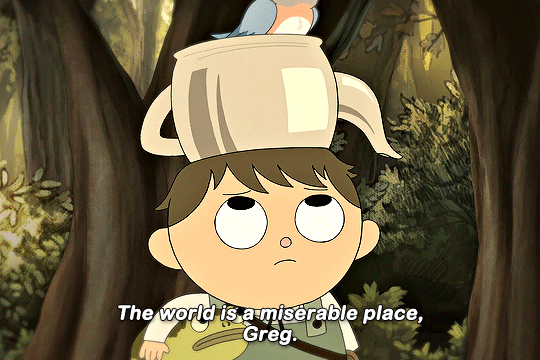
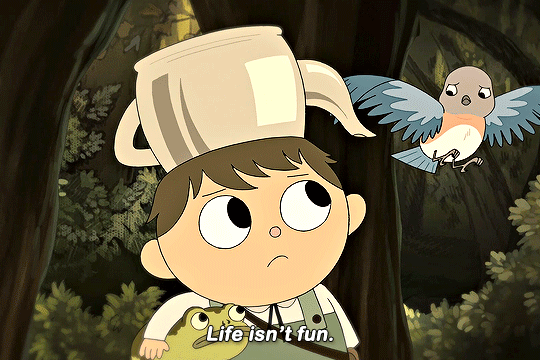
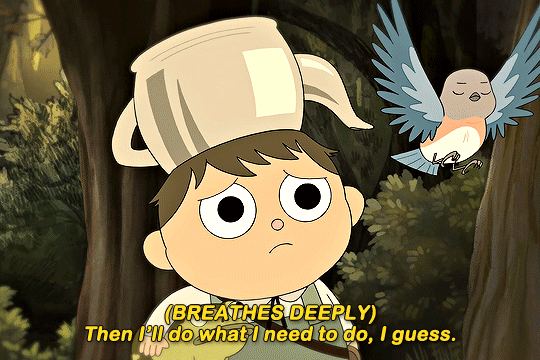
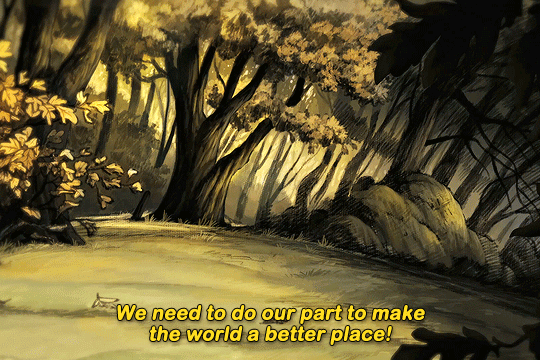
Over the Garden Wall (2014)
13K notes
·
View notes
Text
openin’ the door to the microwave one second early because you don’t need all the hootin’ and hollerin’
66K notes
·
View notes
Text
sorry for being so sappy i was born as a tree
752 notes
·
View notes
Text
i love truck stops in winter bc i love a little good old fashioned reconnaissance. i’m at a wyoming truck stop eating taco bell with a bunch of random truckers discussing road conditions like we’re in a high fantasy tavern & inn and we’re warning each other about monsters and highway men. everyone talking about where we’re coming from and going to and how bad it’ll be getting there.
THE tallest man i’ve ever seen in real life just stopped me in the hallway by the coin operated laundry apropos of nothing and asked “which direction are you going?” i said east and he said “good” and walked away.
i caught up with him and asked why and he said “west’s no good right now. i just came from there.”
apparently a truck jackknifed and has traffic backed up ten miles but he sounded for all the world like he just found his village raised to the ground by an evil mage’s army
48K notes
·
View notes
Photo

One of the best examples of gothic wood carving technique
Reliquary Bust of Saint Margaret of Antioch. Attributed to Nicolaus Gerhaert van Leyden (act. in Germany, 1462 - 73), netherlandish. 1465-70. Walnut with traces of polychromy.
thanks berangere!
3K notes
·
View notes
Text
Vikings didn't have horns on their helmets but I bet if you showed them a single modern Viking depiction they'd all start doing it like gangsters imitating The Godfather
31K notes
·
View notes
Text

Ball gown, after 1897
Museum für Kunst & Gewerbe Hamburg
326 notes
·
View notes
Text





What does your heart tell you?
Frodo Lives.
29 notes
·
View notes
Text
there's potential for a horrible funny little first kinslaying fic because
1. these elves have no experience with murder. They're just...they're trying alright! Or actually they're not. They're trying to steal and the next step logical step to succes seems to involve murder but...
Morgoth has just recently very helpfully demonstrated it is possible to Acquire Things With Violence. Fëanor personally found this lesson rather soul-crushing and almost lost his mind over it but he's a fast learner. Well, of the theoretical possibility. Like he's ready to apply the new concept of Robbery escalated to Murder if necessary but have you ever killed someone? It takes some practical skills. Which he currently lacks. They're just sort of pushing each other around initially, occasionally someone topples over and sometimes someone applies the general principle of 'stabbing' but the only ones doing a good job of it are those accustomed to frequent hunting with Oromë. Actually Celegorm is a bit too good at this. The contrast is glaring and quite frankly terrifying? Unsure if actually good or bad for his image. Telerin bows prove better at downing gulls than armored Noldor.
2. It's dark. The Noldor are not used to the dark. The Teleri are; Alqualondë was quite far from the Trees. Unfortunately for the Teleri most of them seem to have silvery pale hair; this makes them rather visible targets even to squinting disoriented newly minted Noldorin soldiers.
Occasionally someone stumbles over Huan.
There are profuse apologies for stepping on his tail in the middle of fighting to the death.
3. The First Kinslaying And The Darkening of Average Telerin Haircolour: Natural Selection As The Influence of Morgoth, by O. Lwë, F. A. 200, Alqualondë.
285 notes
·
View notes
Text
Listen if the study of ancient humans doesn’t make you at least a little bit emotional idk what to say.
I started crying today at the museum because they had reconstructed the shoes of Otzi the iceman.
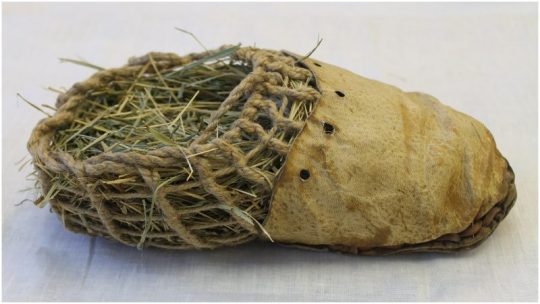
Either he or someone he knew who cared about him made these shoes out of grass and bear skin and twine and he was wearing them when he died over five thousand years ago.
And a Czech researcher and his students did reconstructions of these shoes and wore them to the same place where he died to test them out and they were like yep! These shoes are really cozy and comfy and didn’t give us blisters while hiking!
Is that not just the coolest shit ever????
84K notes
·
View notes












